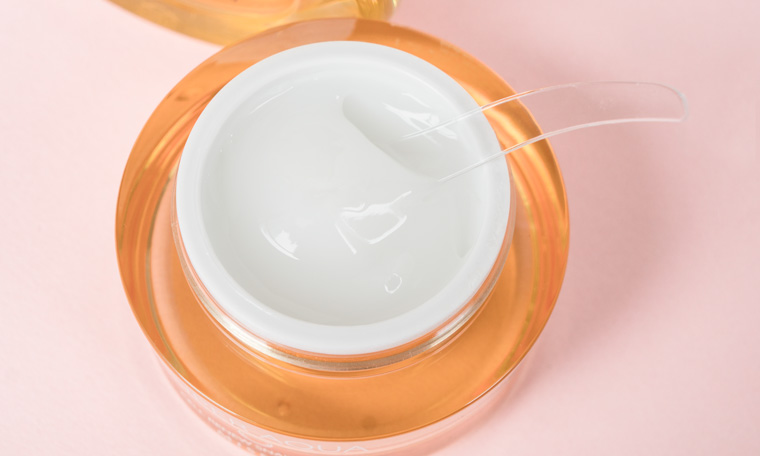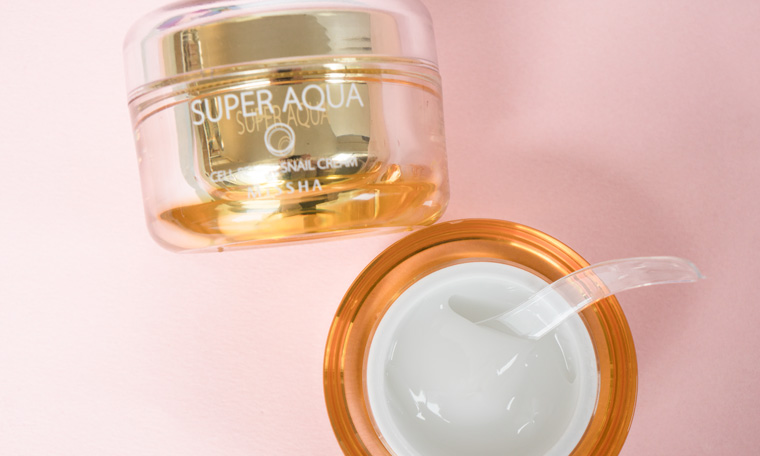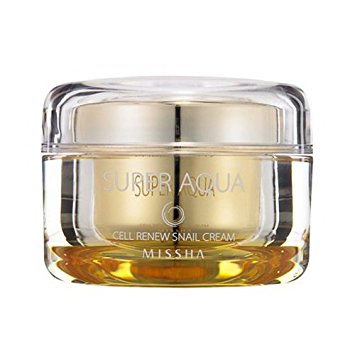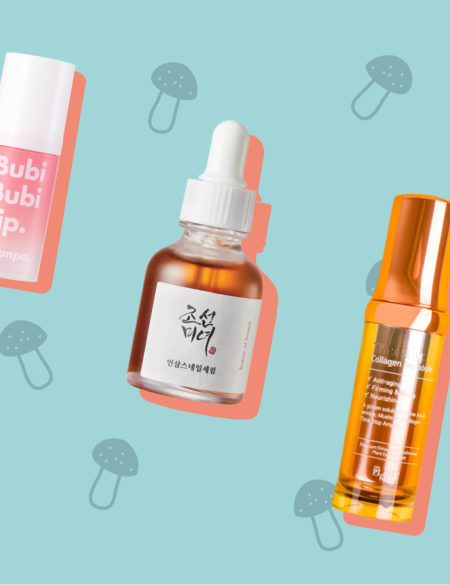What does arbutin in skin care do? Since it’s really easy to become overwhelmed when searching for a new product, Ingredient Spotlight is here to break down the basics. Here we’ll teach you how an ingredient works and leave you with product recommendations to help you with your search.
If you’ve even preliminary research on ways to fade your hyperpigmentation, you’ve probably come across an ingredient called hydroquinone. While it’s been proven highly effective, this ingredient also comes strapped with a bit of controversy and a host of warning labels—particularly for women who are pregnant. Naturally, dermatologists, aestheticians and everyday men and women have sought gentler alternatives, and there are a few options.
As you may be aware, vitamin C is one of those options, but so is an ingredient call arbutin, a derivative of hydroquinone that doesn’t carry the same potentially harmful side effects. With the help of a couple dermatologists, we’re breaking down the basics of arbutin to helps you determine if it’s an ingredient that would serve your current regimen well.
What is arbutin?
“Arbutin is an organic compound derived from berries that inhibits that pathway that produces pigmentation—[also known as] darkening in the skin. It is used in skin lightening creams as a mild agent,” says Margo Weishar, a board-certified dermatologist and the founder of Springhouse Dermatology and Aesthetics.
She explains that it works by slowly releasing hydroquinone through hydrolysis, which in turn inhibits tyrosinase activity—a key enzyme used to produce pigment in the skin—to reduce the skin’s melanin production. In addition to being extracted from bearberry plants, as well as blueberry and cranberry plants, arbutin can also be chemically synthesized.
But Wait—It’s Made From Hydroquinone… Is it Safe?
We know what you’re thinking. If arbutin is a natural derivative of hydroquinone and hydroquinone isn’t recommended for pregnant woman, doesn’t that mean that arbutin is a no-no ingredient while carrying? The answer is somewhat complicated.
Many dermatologists have approved the use of arbutin as a skin brightening agent during pregnancy and consider it a safe alternative to straight hydroquinone for treating hyperpigmentation and melasma. For example, dermatologic surgeon Ashish Bhatia recommends it as an natural substitute for hydroquinone in this Real Self article, and even the American Academy of Dermatology considers it a safe option.
That said, some people still prefer to play it extremely safe and therefore avoid arbutin while with child. While research points to it being safe, we understand the desire for utmost caution. Our stance is that it boils down to a personal decision.
What Skin Types is it Best For?
“Arbutin can be used in mostly all skin types. Its major benefit is to lighten skin coloration, even out tones, and reduce levels of dark pigmentations,” says Steven Wang, a board-certified dermatologist and the co-founder of Dr. Wang Herbal Skincare.
Those who are more prone to hyperpigmentation and melasma—also known as pregnancy masks—may find it a particularly beneficial ingredient in their skin care routine. Note that while anyone is subject to this sort of discoloration, those of Indian, Asian, African American, and Middle Eastern descent are often more at risk.
Research has found that a 3 percent concentration of arbutin in products has been an effective amount for reducing discoloration.
Product Recommendations
Dr. Jart+’s Black Label Detox BB Beauty Balm—a long time staple in the beauty community—contains arbutin. It also contains titanium dioxide and zinc oxide to protect skin from the sun, which is the primary cause of hyperpigmentation to begin with, green tea and aloe vera to soothe skin, and caviar to nourish and hydrate.

The Missha Super Aqua Cell Renew Snail Cream lists arbutin as its fifth ingredient, meaning it has a good hefty dose of it. It uses arbutin in conjunction with snail mucin to help lift dark spots and acne scars.
If you’re seeking a heavier cream, consider Amarte’s Aqua Cream, which is recommended to reverse and slow signs of premature aging, treat hyperpigmentation, and deeply hydrate.
Bottom Line
While many consider arbutin a safe, natural alternative to hydroquinone, we understand if you don’t feel comfortable utilizing it in your regimen. If you’re seeking an alternative that doesn’t utilize the hydroquinone molecule, consider vitamin C, kojic acid, or ellagic acid.















